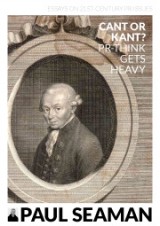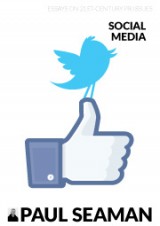Categories: Crisis management / New PR in Age of Populism / Trust and reputations
19 April 2020
One comment
Positive reflections on Covid-19
Like most of my readers, I have been locked indoors for the last month because of precautionary measures the world’s governments have taken to combat the Covid-19 pandemic. After a long-time pondering what to make of it all, the moment has come to share a few upbeat insights.
Read more

